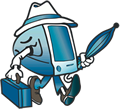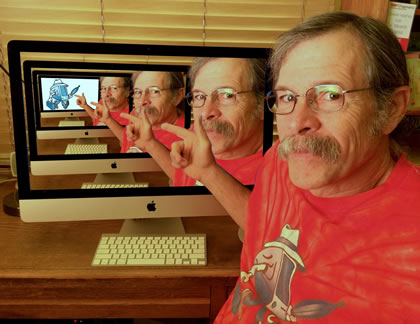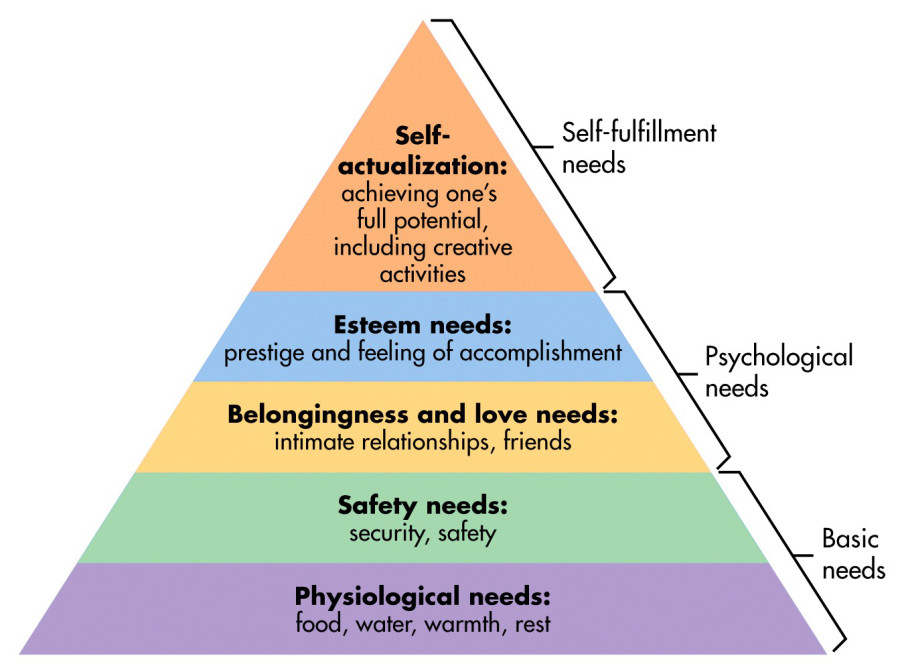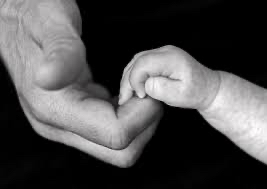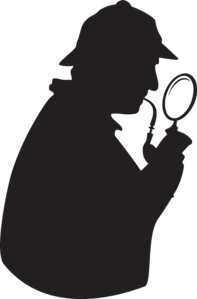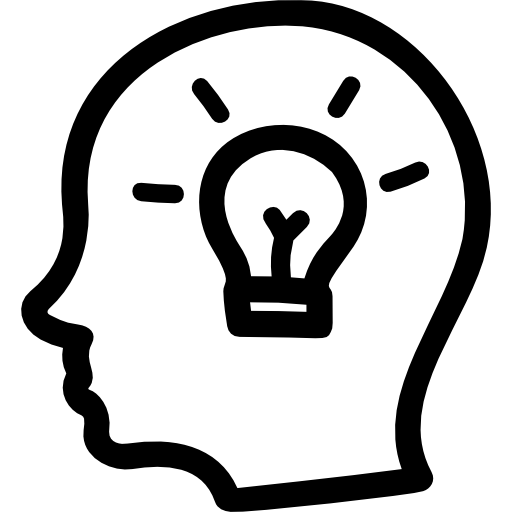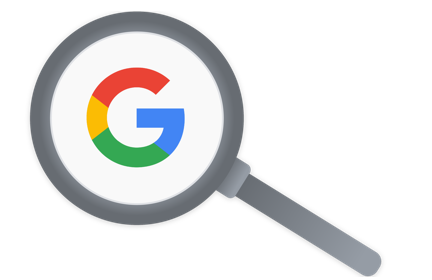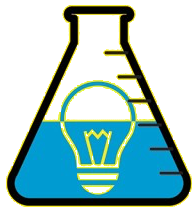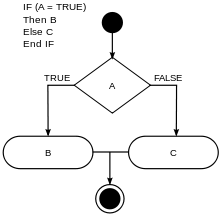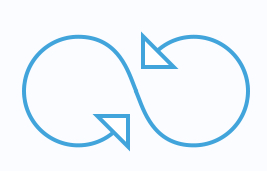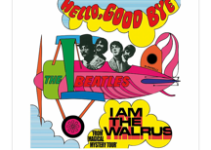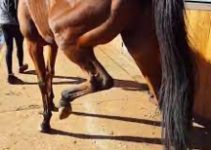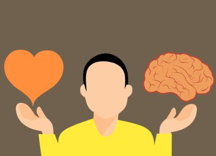
Episode #623
January 9, 2021
In my role as consultant i employ instinct and intuition.
Instinct is an innate hardwired tendency toward a particular behavior.
All animals and, arguably, some vegetation have instinct.
Birds know where north is. 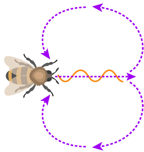
Plants reach toward the sun.
Bees dance to show the hive where the nectar is.
Humans seek out a mate.
Some thinking in psychology (Maslow) is that humans have no instinct.
Maslow would have us believe that awareness is strictly built on a pyramid of esteem, then on belonging, then on safety, with a foundation of basic physical needs.
The physical need foundation of this pyramid, however, is built on instinct.
Humans have involuntary motor responses such as the instinct to breath, hunger, thirst and defecate. We blink without thinking. Sleep is inevitable and involuntary because we are wired that way. Our urges to procreate generate the emotions of love, companionship and loneliness.
In my consulting i have an instinct to solve my clients’ problem. Comforting the frustration and tension caused by malfunctioning systems is a primary motivator for me.
Intuition is learned, not innate. It is complex and subliminal. An idea or hunch may come together spontaneously when loosely associated concepts, ideas and/or facts subconsciously align.
When i first observe a problem it often comes with a hunch of what is going on. A malfunction might feel like a hardware problem even though it acts like a software problem.
Standard Operating Procedure when troubleshooting a problem is to use the Scientific Method. The steps of the scientific method are:
- Make an observation
- Ask a question
- Form a testable hypothesis
- Make a prediction based on the hypothesis
- Test the prediction
- Iterate: use the results to make new hypotheses or predictions.
Observation is a combination of instinct (a need to reorder chaos) and intuition (a sense of what might be wrong).
Asking the right question is motivated by an instinctive gut feeling and reinforced by a hunch based on experience.
Forming a testable hypothesis depends on educated critical thinking.
Making a prediction based on a hypothesis falls into the realm of intuition combined with good solid research. In research, a good string of search terms comes from excellent logic driven by intuition born of instinct.
Testing the prediction is an exercise in visualization. This is the act of focusing all the lenses of your mind’s eye into the physical world.
Iteration asks “If this or not that, then what else?”
Once again instinct bears intuition manifest with logic.
i like to say that i guide my life with dead reckoning and dumb luck.
Maybe i should say that my life is guided by an instinctive sense and intuitive inertia.
